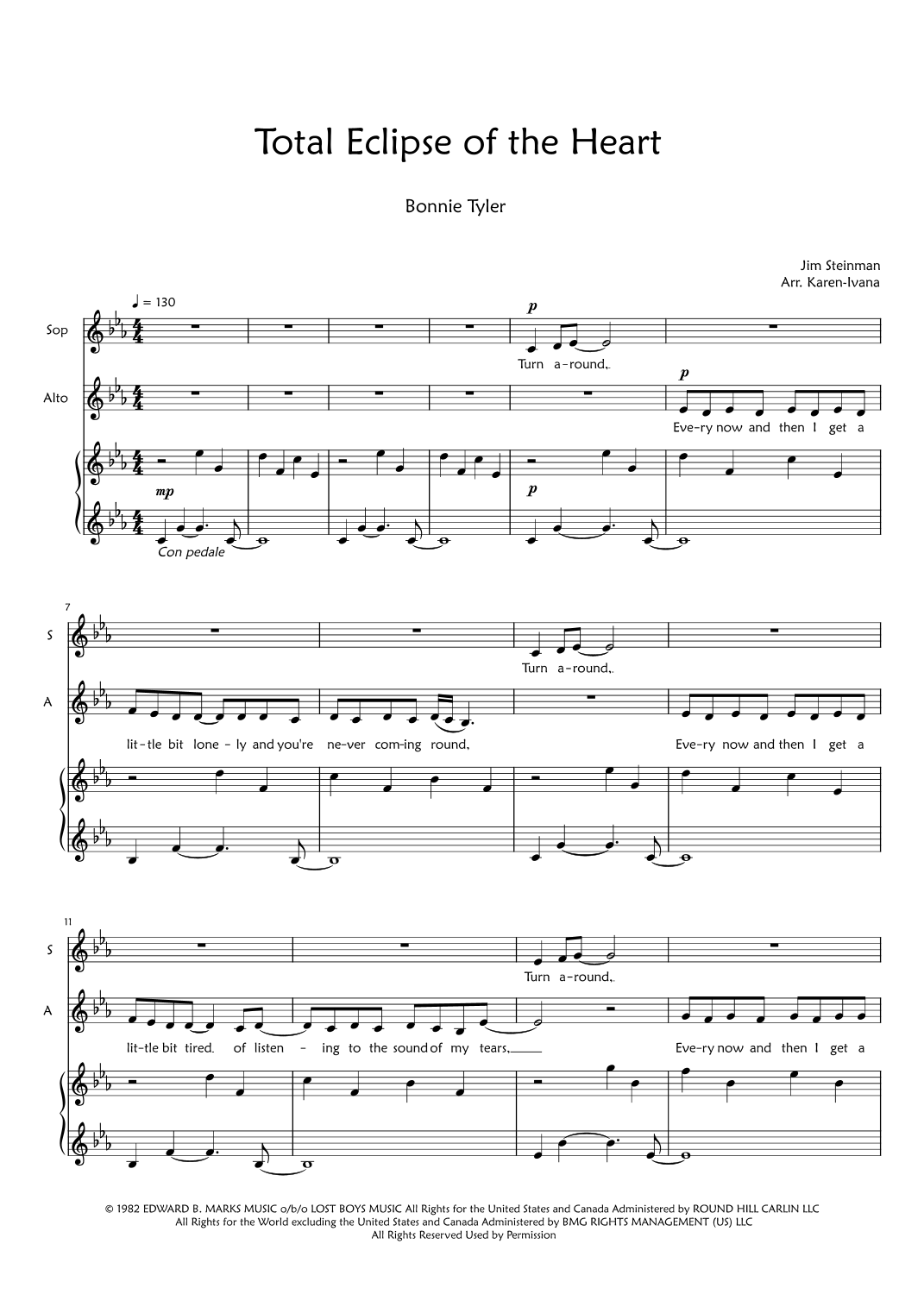There are few songs as iconic and universally recognized as Bonnie Tyler's Total Eclipse of the Heart. Released in 1983, this power ballad quickly became a staple of '80s music, resonating with audiences across the globe. Its dramatic melody, Tyler's powerful vocals, and evocative lyrics have cemented its place in pop culture history. But what lies beneath the surface of these memorable lines? Let's delve into the deeper meanings behind the song that continues to captivate listeners decades later.
Beyond its catchy hooks and emotional delivery, Total Eclipse of the Heart explores themes of love, longing, vulnerability, and heartbreak. Written by Jim Steinman, the song weaves together poetic imagery and raw emotion to create a narrative that feels both personal and universal. As we explore the layers of meaning within the lyrics, it becomes clear why this track remains so enduringly popular. Join us as we uncover the secrets hidden within its verses.
The Power of Emotional Turbulence
Once upon a time I was falling in love, but now I'm only falling apart. These opening lines set the tone for a journey through emotional turmoil. The protagonist reflects on how their feelings have shifted from passionate love to despair. This transformation is symbolized by the metaphor of a total eclipse of the heart, representing a complete overshadowing of joy by darkness. It speaks to the fragility of relationships and how easily they can unravel.
Throughout the song, repeated phrases like Every now and then I get a little bit lonely highlight moments of introspection and vulnerability. Each admission reveals another facet of the character's internal struggle. Loneliness, fear, anger, and hopelessness all intertwine, creating a complex portrait of someone grappling with unrequited or fading love. Yet amidst this chaos, there's an underlying yearning for connection and redemption.
The recurring motif of turning around—Turn around, bright eyes—offers a glimmer of optimism. It suggests that despite the pain, there may still be a chance for reconciliation or renewal. This duality between despair and hope underscores the complexity of human emotions and relationships, making the song relatable to anyone who has experienced similar challenges in love.
A Tale of Hidden Desires
While the surface-level interpretation focuses on romantic struggles, some analysts suggest more nuanced undertones. Despite the apparent solitude described in the lyrics, the structure hints at suppressed desires or unacknowledged truths. For instance, the repeated emphasis on fleeting emotions could indicate denial or avoidance of deeper issues. Perhaps the narrator isn't fully confronting their own role in the relationship's decline.
This ambiguity adds depth to the narrative, inviting listeners to draw their own conclusions. Is the protagonist truly alone, or are they projecting loneliness onto their situation? Are their fears justified, or do they stem from insecurities? By leaving certain aspects open-ended, the song allows for multiple interpretations, enhancing its appeal and relevance over time.
In addition, the presence of a male figure referenced indirectly (then I see the look in your eyes) raises questions about power dynamics and trust within the relationship. Does this person represent salvation or further complications? Their significance remains unclear, adding another layer of mystery to the story being told.
A Homage to Classic Cinema
Interestingly, songwriter Jim Steinman revealed that Total Eclipse of the Heart draws inspiration from the 1922 vampire film Nosferatu. This connection introduces elements of gothic romance and supernatural allure into the mix. Just as Count Orlok casts a shadow over his victims in the movie, the eclipse in the song signifies an overwhelming force consuming the narrator's heart and mind.
This literary nod enriches the lyrical content, elevating it beyond mere melodrama. It ties the theme of obsessive passion to timeless archetypes found in classic literature and cinema. Moreover, it aligns with broader cultural narratives about love's transformative—and sometimes destructive—nature. Whether viewed literally or metaphorically, the vampire analogy deepens our understanding of the song's core message.
Ultimately, Total Eclipse of the Heart transcends its era to become a timeless exploration of love's many facets. Through vivid imagery, heartfelt expression, and clever allusions, it captures universal experiences while maintaining its unique identity. Its lasting impact serves as a testament to the artistry behind its creation and the resonance it continues to inspire today.

